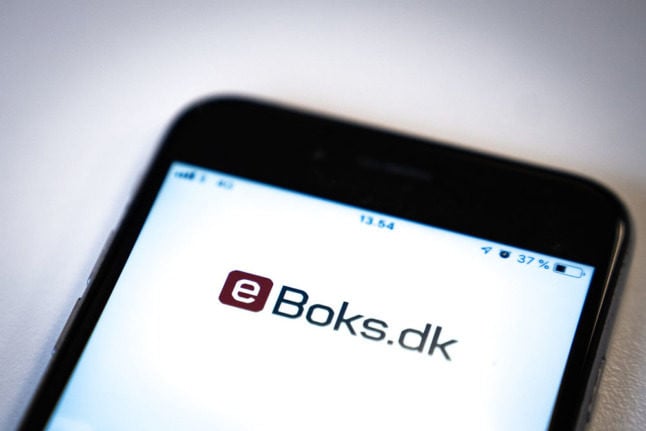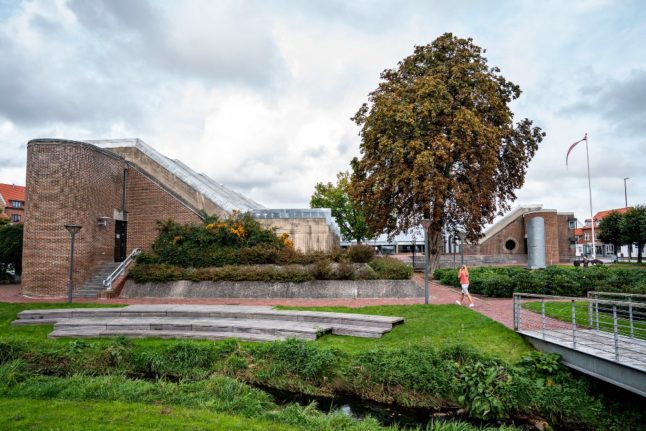The Agency for Digitisation (Digitaliseringsstyrelsen) will inform its 4.5 million private and 800,000 business users this week that the service will be unavailable from November 26th-29th.
That means that digital official correspondences from the state, municipalities, and regional authorities will not sent to the e-boks inbox, or be accessible via the borger.dk or Virk websites. Users will also not be able to reply to messages using the system.
All residents in Denmark over the age of 15 receive digital post unless they are exempted. It is accessed on the various platforms by logging in using the NemID (soon to be superseded by MitID) digital ID.
READ ALSO: What do foreign residents in Denmark need to know about switch from NemID to MitID?
The system will be taken offline during an Agency for Digitisation transition to a new Digital Post system, to be launched at the end of November, the agency said in a press release on its website.
It will still be possible to log in to your secure digital post account and read older mails, as well as correspondence from your bank and other private companies which use the service.
Although the temporary shutdown will be undertaken to facilitate a migration to a new system, private users and companies do not need to take any action to move their older mails to the new system.
When you log in to Digital Post from November 30th – when the new system is up and running – you will again be able to receive and respond to messages from the state, regions and municipalities.
You will still have a single inbox which can be accessed by logging on at a number of places: e-boks.dk, borger.dk and Virk. These will be supplemented by a new Digital Post app and mit.dk.
Borger.dk, Virk and the newly-developed Digital Post app are state-provided and funded platforms. Only state, municipal, and regional correspondence can be accessed here.
E-boks.dk and mit.dk are privately-owned platforms, which means they can also receive secure digital post from banks and other private businesses.



 Please whitelist us to continue reading.
Please whitelist us to continue reading.
Member comments